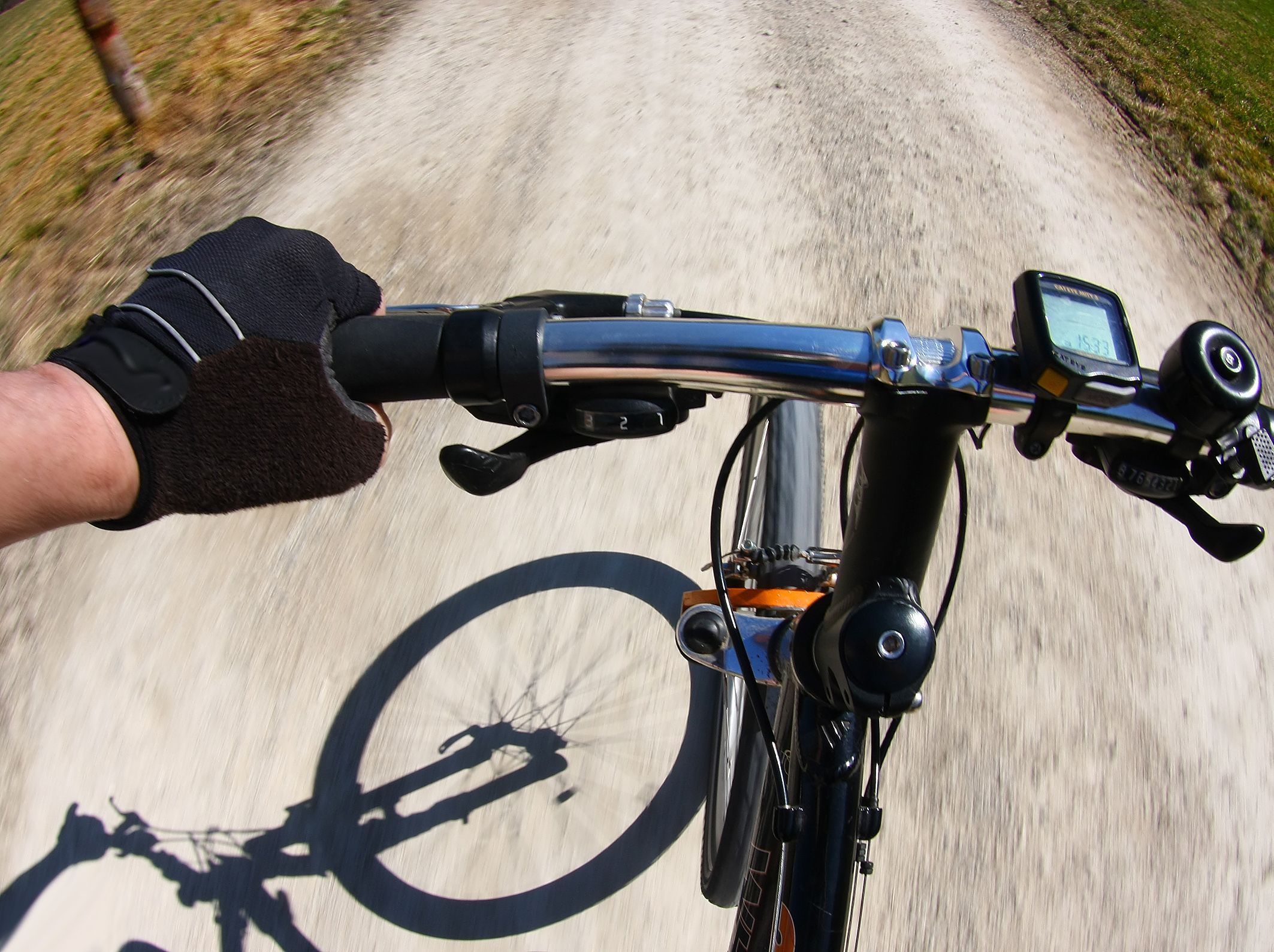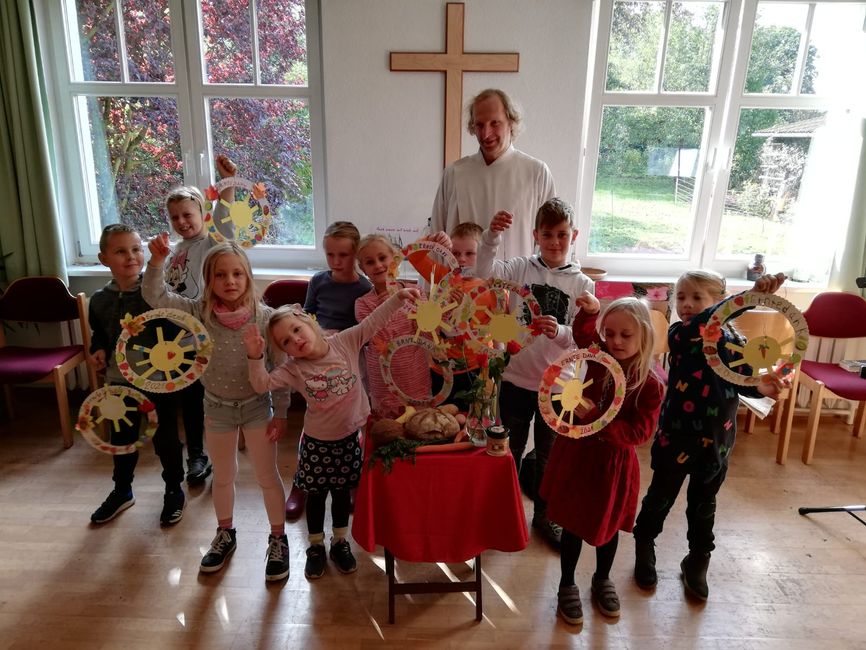
Go East - Mit dem Fahrrad zu Ev. Gemeinden in Osteuropa
vakantio.de/go-east-mit-dem-rad-zu-gemeinden-in-osteuropa
21st day-29th July: Active community diakonia in Bytom
Chop etilgan: 30.07.2022
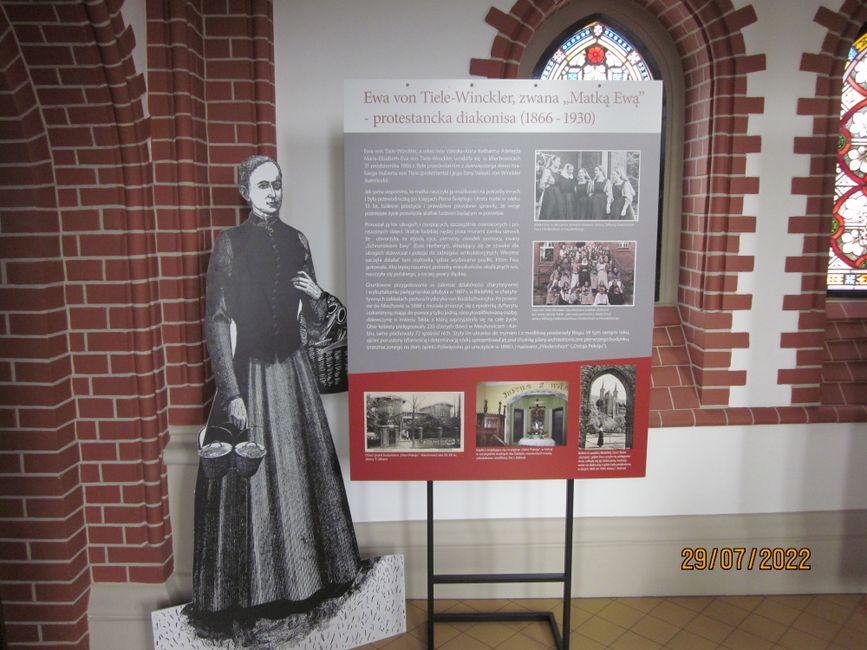
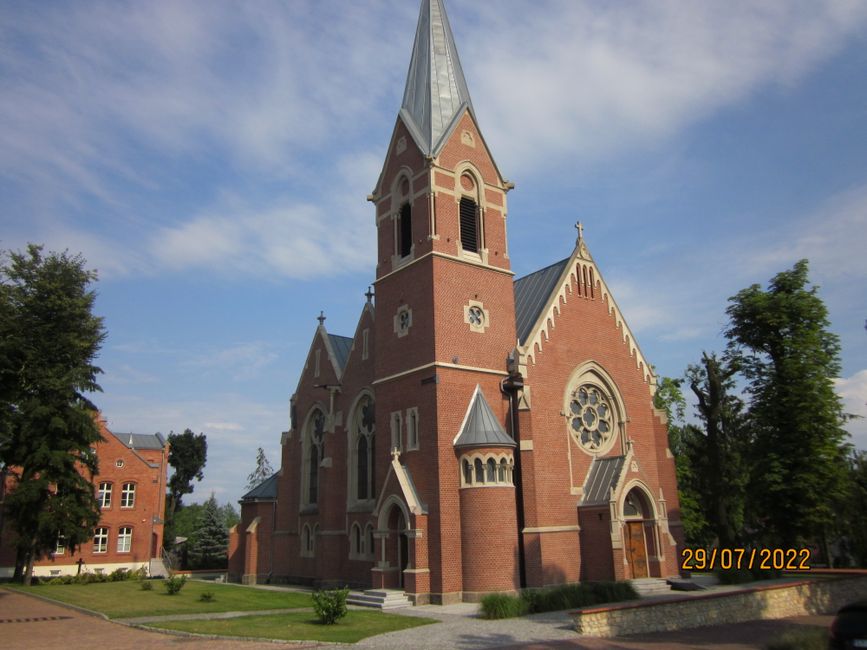
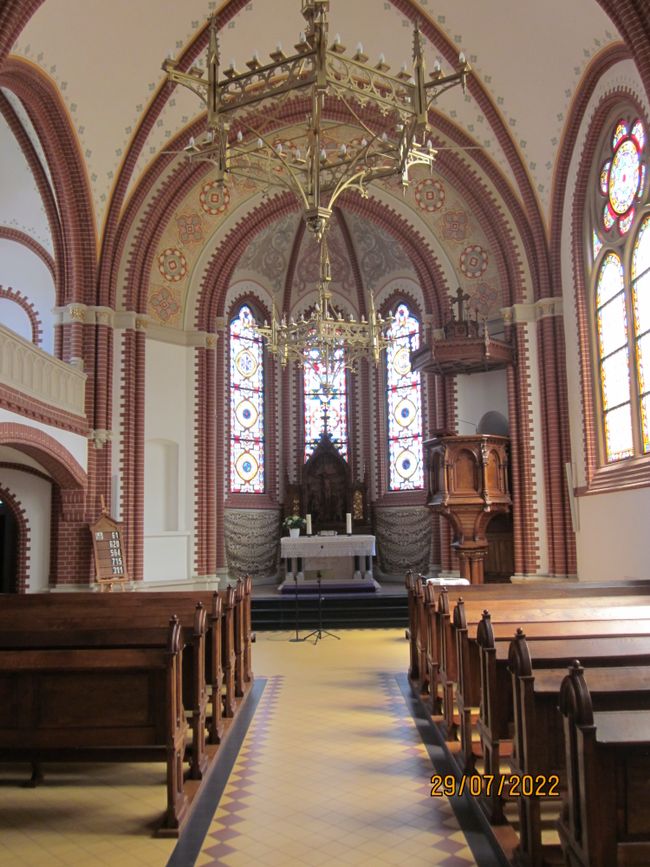
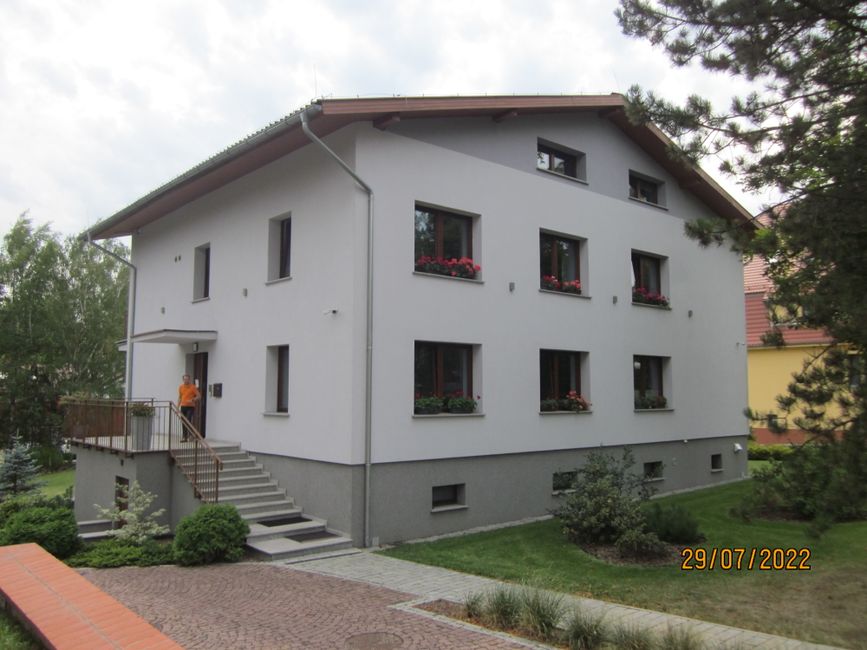
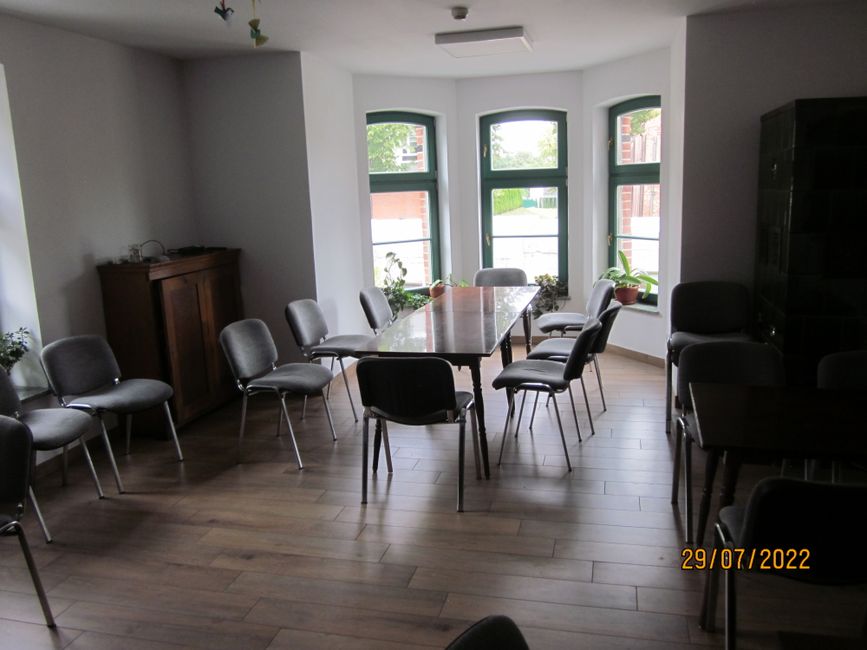
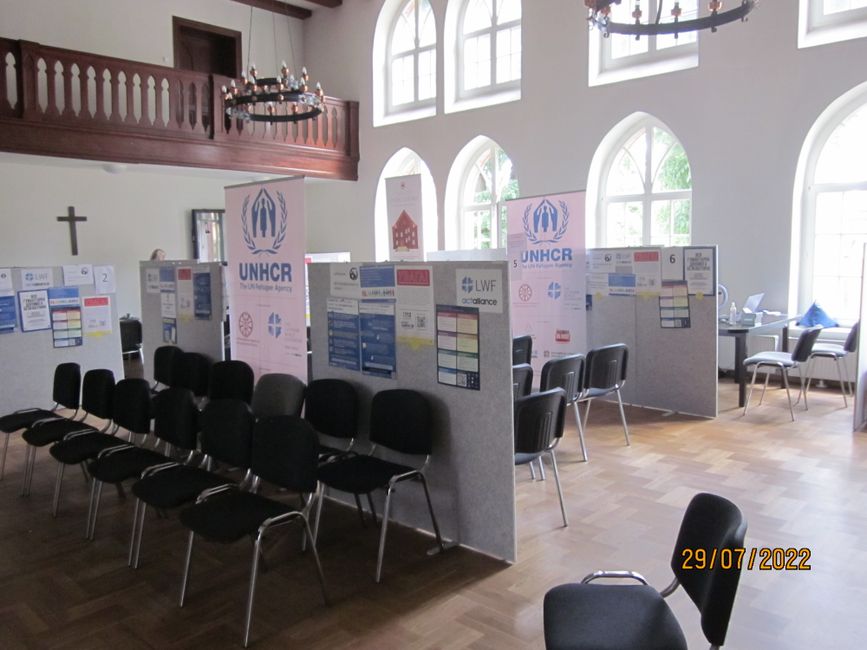
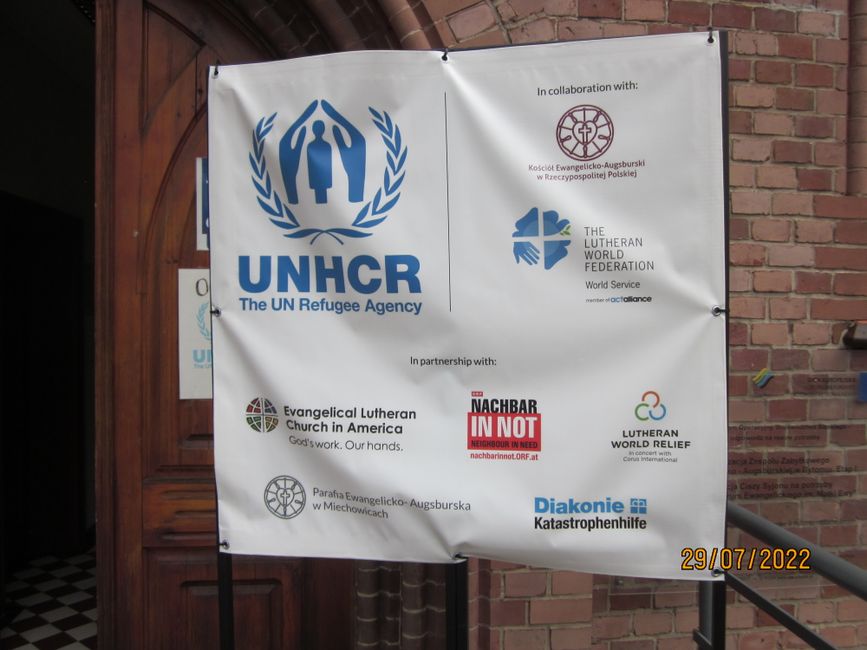
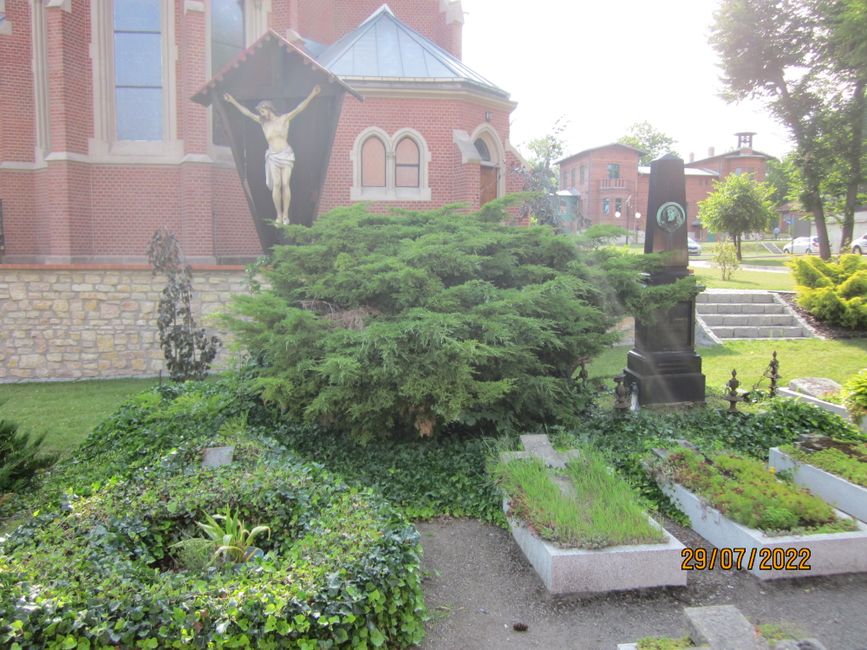
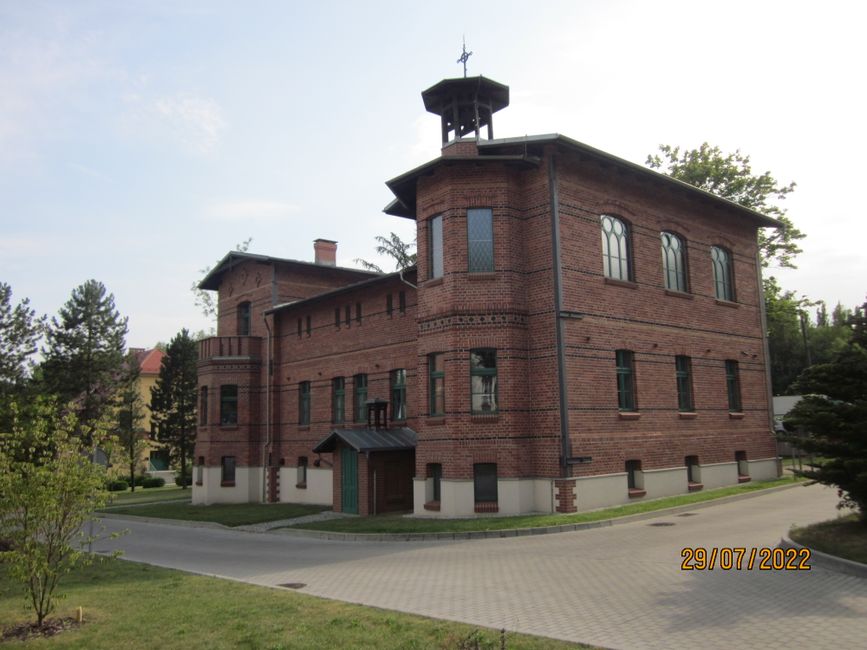
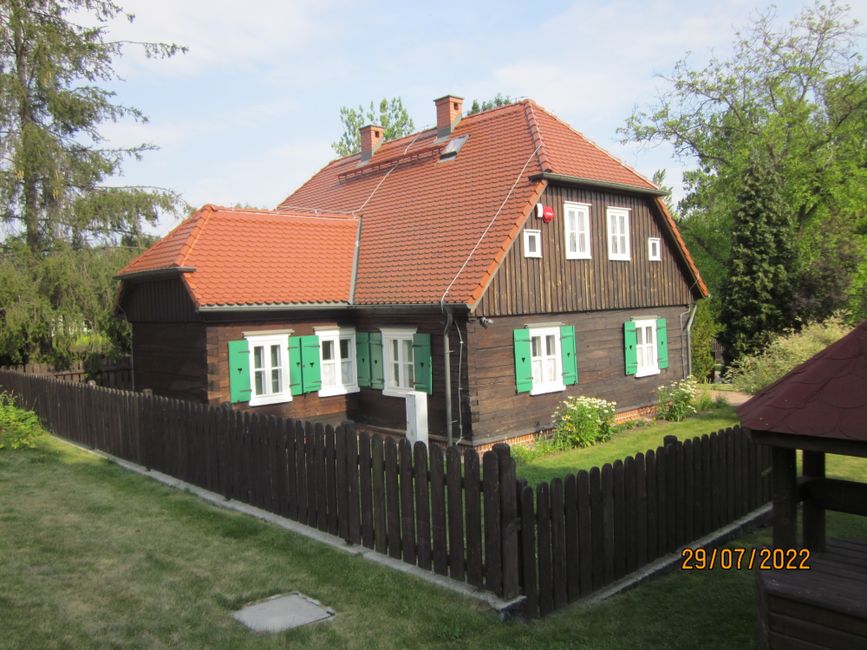
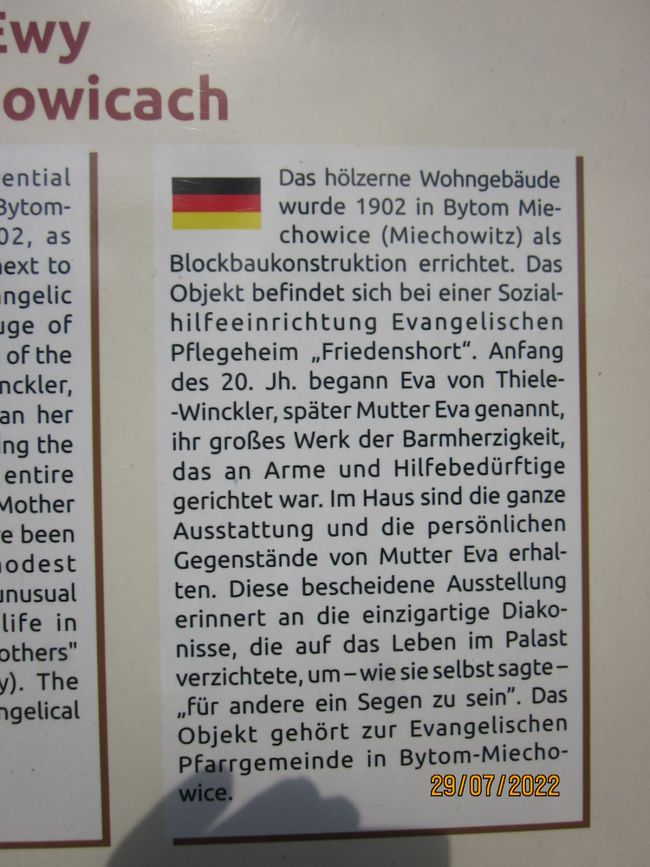
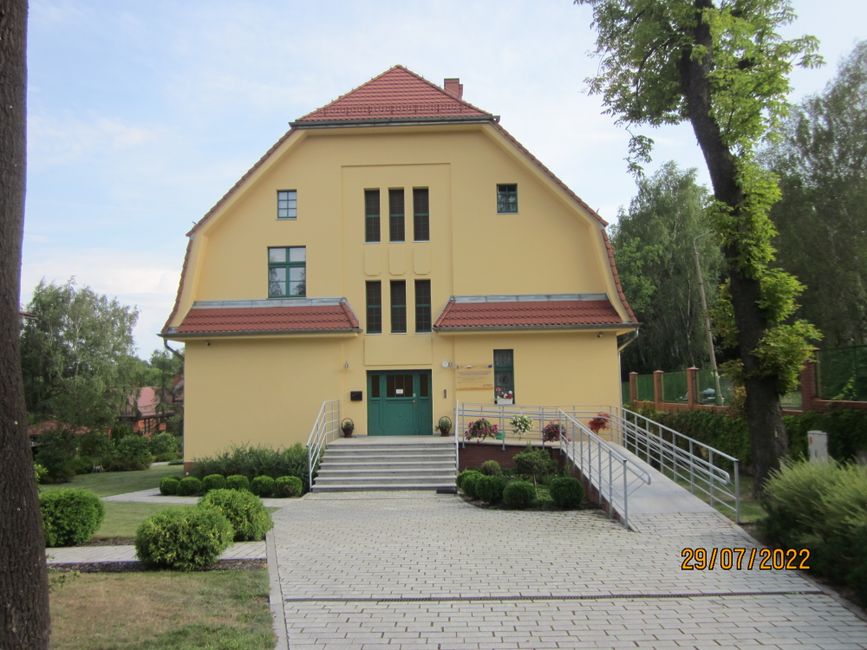
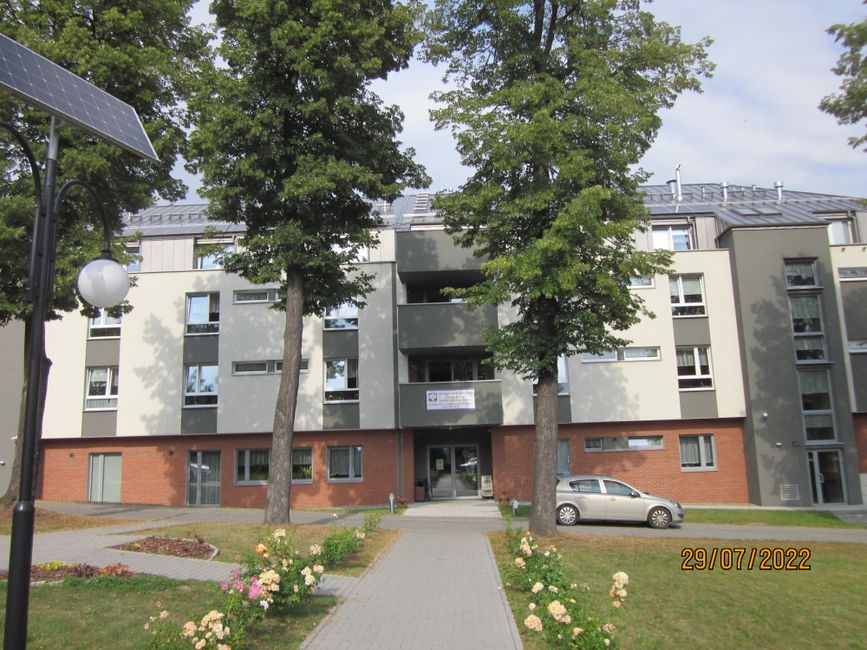
Axborot byulleteniga obuna bo'ling
Mikolaj invited me to his vicarage for breakfast and said that during my tour to Protestant communities in Poland, I should definitely stop in Bytom. Not only is there a remarkable Protestant church, but the church community is very active in diakonia, which was established in this place by 'Mother Eva'. I had never heard of Eva von Tiele-Winckler - her real name - before. Bytom was on my route through the Evangelical Diocese of Katowice, so I gladly accepted the suggestion. Mikolaj tried to reach the pastor to inform him in advance, but he couldn't reach him. He would try again while I'm on the way. We exchanged addresses, I invited him and his wife to Osterwohle, and then we said goodbye. Just as the city limits of Gliwice ended, the next industrial city, Zabrze, began. There is also a Protestant community there, but I continued towards Bytom. I cycled past old mining towers and facilities, with a torch burning nearby and occasionally smelling smoke in the air. I was in the heart of the Upper Silesian coal basin. No tourists in sight.
The Protestant community is located in a suburb of the large industrial city of Bytom. After a short detour, I quickly found the church. The pastor was already waiting for me and greeted me in German. Mikolaj had reached him after all. We sat down in his private garden and he immediately told me about 'Mother Eva' and her special diakonial work, which still has an impact today. In Germany, there is now the diakonial Tiele-Winckler-Haus GmbH, which operates several residential groups and homes for disabled people. With her charitable legacy, the Protestant church community in Bytom has a strong connection. She established the Peace Place in Bytom-Miechowitz in 1890 with her inherited wealth. She wanted to create a 'home for the homeless' who were forgotten by society at the beginning of the major industrialization in her Upper Silesian homeland. Inspired by Friedrich von Bodelschwing, her work laid the foundation for her own diaconal institutions for the poor and elderly, disabled and homeless. By 1920, 28 different diaconal houses had been established. Over the years, more than 1,000 women joined her diaconal community. Eva von Tiele-Winckler considered it an important task to provide a home for homeless children. Today, this diaconal legacy is continued by the Protestant church community in Bytom.
First, the pastor showed me the beautiful church, which has about 130 church members and attracts between 40-50 visitors to the 'normal' Sunday service. There are offerings for children, such as children's church, but in the 14 years he has been in this pastorate, there have only been 6 confirmation candidates. We visited the first house built by 'Mother Eva', which has been the community center for several years and is now completely renovated. At the end of the tour of the extensive grounds, we also visited her simple wooden residence, which now serves as a museum. Today, the diaconal institutions that the church community operates are very important to him, which continue the legacy of 'Mother Eva'. There is a retirement home, several residential groups for assisted living, and currently intensive support for Ukrainian refugees who are housed in other buildings in the city. Refugee work with UNHCR is also active in another building.
Of course, his community also has an internet channel and through this, some people found the Protestant church community of Bytom. Being a minority is not a problem for his work. He focuses on the strengths of the parish work and concentrates on them, understanding his Protestant parish work in relation to the Catholic majority society. Perhaps we can learn something from that.Axborot byulleteniga obuna bo'ling
Javob
